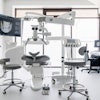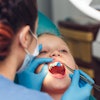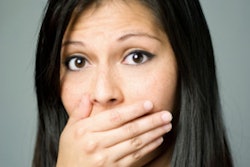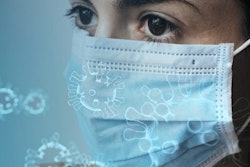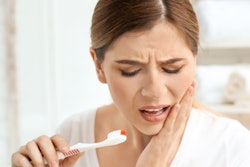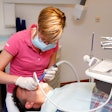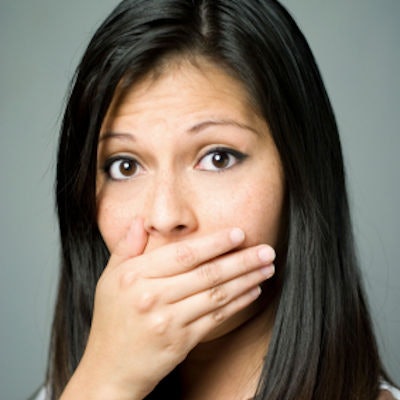
Wearing a face mask makes people aware of their bad breath, according to a recent survey published in Oral Diseases. The use of face masks also led respondents to make significant changes in their oral hygiene habits.
A total of 4,647 individuals answered questions about their demographic information, health conditions, hygiene habits, and awareness of their breath odor. The findings reveal how much the use of face masks during the COVID-19 pandemic affected respondents' perception of their breath and behavior.
"This singular and new situation of having to wear face masks for daily activities during the COVID-19 pandemic, especially for longer periods, can lead individuals to pay more attention to their breath, particularly because face masks physically contain and return breath," wrote the authors, led by Sandro Felipe Santos Faria of the Federal University of Minas Gerais School of Dentistry in Minas Gerais, Brazil (Oral Dis, July 10, 2021).
The authors conducted the survey in August 2020 by sending emails to individuals in the university system. Respondents answered 18 questions about face mask use, self-perception of breath odor, and medical and dental variables.
Of the 4,647 individuals who completed the survey, 1,572 said wearing face masks changed how they perceive their breath odor. A total of 645 people said they started to think they have bad breath after wearing a face mask.
People who already thought they had bad breath were significantly more likely to notice their breath odor with masks. The same was true for people who had already been told by friends or family members that they had bad breath.
Systemic and oral health conditions, as well as medication use, also impacted the likelihood a respondent noticed breath odor while wearing a mask. Dry mouth, tongue coating, anxiety, and depression all made respondents more likely to notice their breath odor.
Smokers, in particular, were more likely to notice bad breath. People who used tobacco were 1.4 times more likely to change their self-perceived breath odor and 1.6 times more likely to be considered to have bad breath. The authors, however, said it could be difficult to distinguish whether the change was due to smoking or mask wearing.
The perception of bad breath was also significantly tied to how long someone wore a face mask. Individuals who wore a face mask for more than six hours a day were 2.2 times more likely to report a change to their self-perceived breath odor.
The good news for dental professionals is that use of a face mask appeared to encourage better oral hygiene behaviors among survey respondents. About one-quarter of the sample changed at least one oral hygiene habit after wearing face masks. That percentage was even higher for those who noticed changes in their breath odor.
"Many factors affect the way people perceive odors and also on the way they relate to their own breath odor," the study authors wrote. "As a result, this self-perception is described as multifactorial, closely related to body image and both physiological and psychological factors."
The authors cautioned their study was limited to university staff and students and largely comprised women. Looking forward, they argued that more should be done to understand perceptions of oral health.
"In general, many people seem to be unable to assess their own breath," they wrote.
